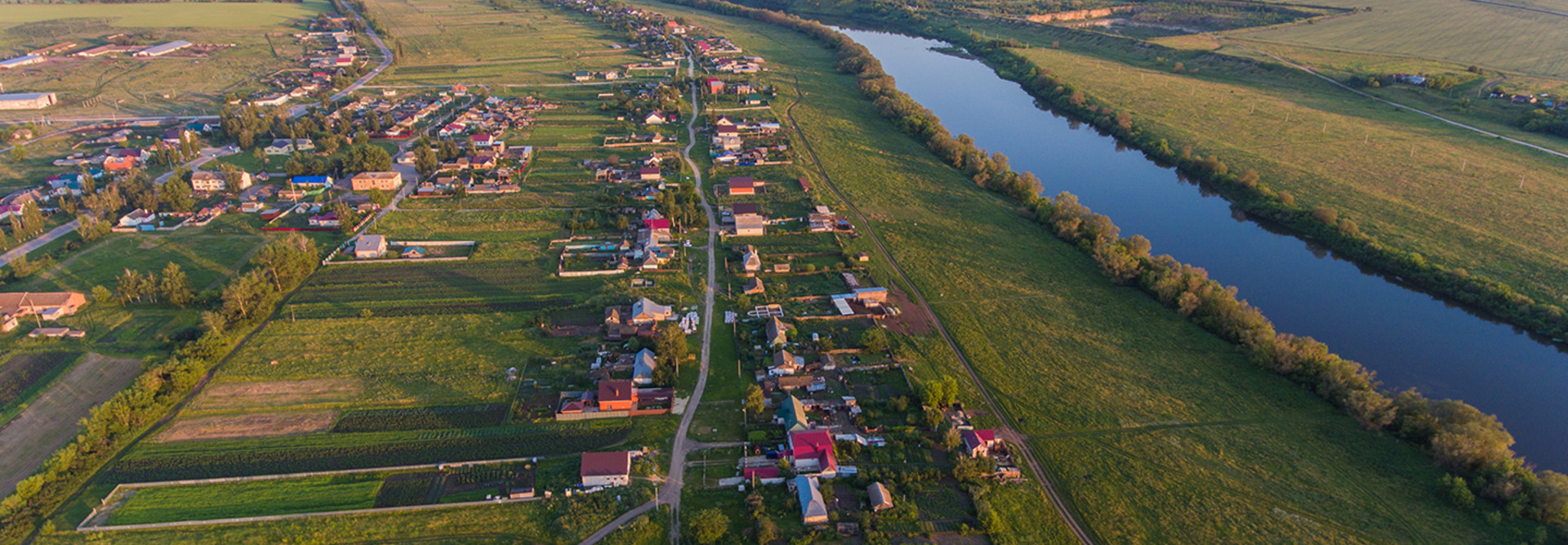When Students Can’t Get Broadband, Career Success Proves Elusive
For many university students, high-speed internet access on campus is as expected as sidewalks and electricity. With a large number of college curriculums and tools dependent on these digital connections, what happens for students who don’t have regular access to high-speed internet?
According to new research from the Independent Colleges and Universities of Florida (ICUF) presented to the Higher Education Coordinating Council (HECC), the lack of widely available broadband internet access in Florida is correlated to a smaller percentage of citizens with college degrees or certificates.
Campus Technology reports that this achievement gap will prevent Florida’s goal of having 55 percent of its population obtain a degree by 2025. According to Ed Moore, president of ICUF, 700,000 Florida residents don’t meet the FCC’s definition for internet access speed required for distance learning programs.
Thanks to high-speed connections, many rural schools have been able to offer their students better experiences such as distance courses they previously couldn’t access taught by experts. Without these connections, students can get left behind.
“There’s a whole new world of higher education and creating access,” says Moore, the president of ICUF, in an article in The Gainesville Sun. “If you can’t get it in your house, if you can’t get it in your local school, your library or some other facility, it doesn’t mean anything to you.”
SIGN UP: Get more news from the EdTech newsletter in your inbox every two weeks!
Rural Citizens Suffer Most in Digital Divide
The ICUF report finds that Florida’s urban counties had more access to high-speed connections, as well as more college degrees and higher income levels, reports The Sun.
Moore and the ICUF indicate that there were 13 specific counties in the state that were trailing in broadband access, including Dixie County, which reports 99 percent of residents without access.
In addition to lagging academic success, Mark Wilson, the president of the Florida Chamber of Commerce, told The Sun that counties lacking broadband services were also lagging behind when it comes to job growth. He proposed a solution where education and rural economic development leaders work together to improve access to high-speed connections.
“This creates an equal opportunity for success for everybody,” says Wilson in the article.
In its annual report, the HECC also indicated that collaboration between the business community and the education system would be key to Florida’s academic success. By strengthening the collaborative partnerships, the HECC suggests that students would achieve postsecondary success because what they are learning would be more closely aligned to actual industry needs.









